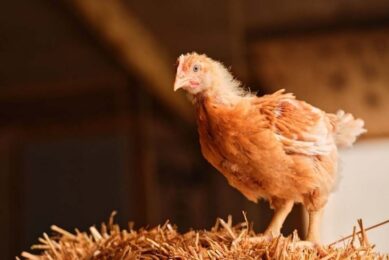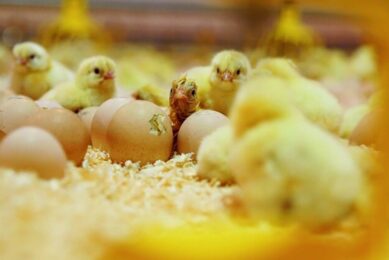Activists lack self-esteem
Animal activists pose a clear danger to agriculture. Through terrorists acts, blackmail and propaganda they try to mislead the man in the street. Their needs are apparently different to mainstream consumers. Reasoning is almost impossible with these fundamentalists. There is something wrong with their self-esteem.
Bob Stallman, President of American Farm Bureau Federation, indicated that animal welfare extremists pose a clear and present threat to American agriculture, according to a story in Brownfield Ag News. Stallman referred to the Humane Society of the US (HSUS), an anti-livestock group that intends “to prohibit the use of animals for food or for work,” he warned. Not only in the US, also in Europe and other developed countries these action groups gain ground. It is interesting to philosophize about the reason why activists almost put animal rights above human rights.
The first thought that comes to mind is related to Maslow’s hierarchy of needs. This is a theory Abraham Maslow published in 1954 and is symbolised in a pyramid consisting of five levels: the four lower levels are grouped together as being associated with physiological needs (D- or deficit needs), while the top level is termed growth needs associated with psychological needs (B- or being needs).
Deficiency needs must be met first. Once these are met, a person is seeking to satisfy personal growth needs. This fifth level is harder to attain and longing for self-actualisation is seen as being addictive, once experienced it is something that people tend to want more and more of.
Negative effects
Maslow believed that humans have the need to increase their intelligence and thereby chase knowledge. Cognitive needs is the expression of the natural human need to learn, explore, discover and create, to get a better understanding of the world around them. Animal activists are misusing this need. They see that their acts (arson, freeing animals) are widely covered in the press and that they can easily get away with it because it has low priority with the police. Misinformation or manipulated information further helps to spread their truth.
Maslow believed that humans have the need to increase their intelligence and thereby chase knowledge. Cognitive needs is the expression of the natural human need to learn, explore, discover and create, to get a better understanding of the world around them. Animal activists are misusing this need. They see that their acts (arson, freeing animals) are widely covered in the press and that they can easily get away with it because it has low priority with the police. Misinformation or manipulated information further helps to spread their truth.
The negative effects of their activities never reach the popular press. For example an undeniable tsunami of horse abuse cases has swept across the USA since a ban on horse processing – pushed by vegan driven animal rights groups – went into effect in early 2007.
Blackmail
Blackmail, not democracy is another method enacted by activists to reach what they want. Large retail companies are visited and forced to sell or use cage-free eggs. If the retailers hesitate, their image will be badly damaged through media-campaigns. Even peaceful living monks don’t get a pass. After months of protests by People for the Ethical Treatment of Animals (PETA), the monks at Mepkin Abbey, a Trappist monastery in South Carolina, had to give up the egg production business that had sustained them for nearly 50 years, because their chicken were kept in cages.
Blackmail, not democracy is another method enacted by activists to reach what they want. Large retail companies are visited and forced to sell or use cage-free eggs. If the retailers hesitate, their image will be badly damaged through media-campaigns. Even peaceful living monks don’t get a pass. After months of protests by People for the Ethical Treatment of Animals (PETA), the monks at Mepkin Abbey, a Trappist monastery in South Carolina, had to give up the egg production business that had sustained them for nearly 50 years, because their chicken were kept in cages.
Self-esteem
These fundamental animal right activists lack self-esteem. All humans have a need to be respected, to have self-esteem, self-respect, and to respect others. Imbalances at this level can result in low self-esteem, inferiority complexes. People with low self-esteem need respect
These fundamental animal right activists lack self-esteem. All humans have a need to be respected, to have self-esteem, self-respect, and to respect others. Imbalances at this level can result in low self-esteem, inferiority complexes. People with low self-esteem need respect
Join 31,000+ subscribers
Subscribe to our newsletter to stay updated about all the need-to-know content in the poultry sector, three times a week. Beheer
Beheer








 WP Admin
WP Admin  Bewerk bericht
Bewerk bericht